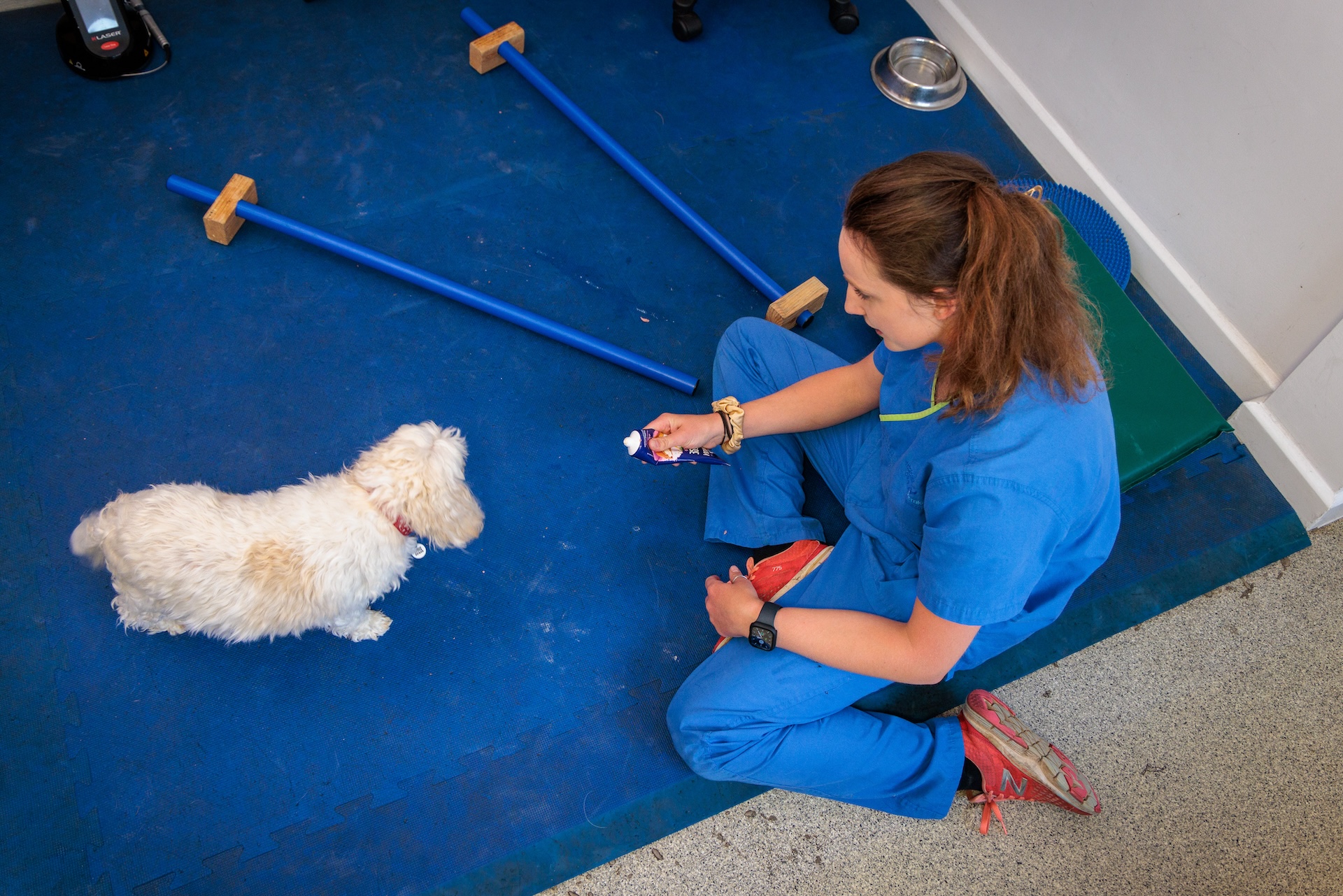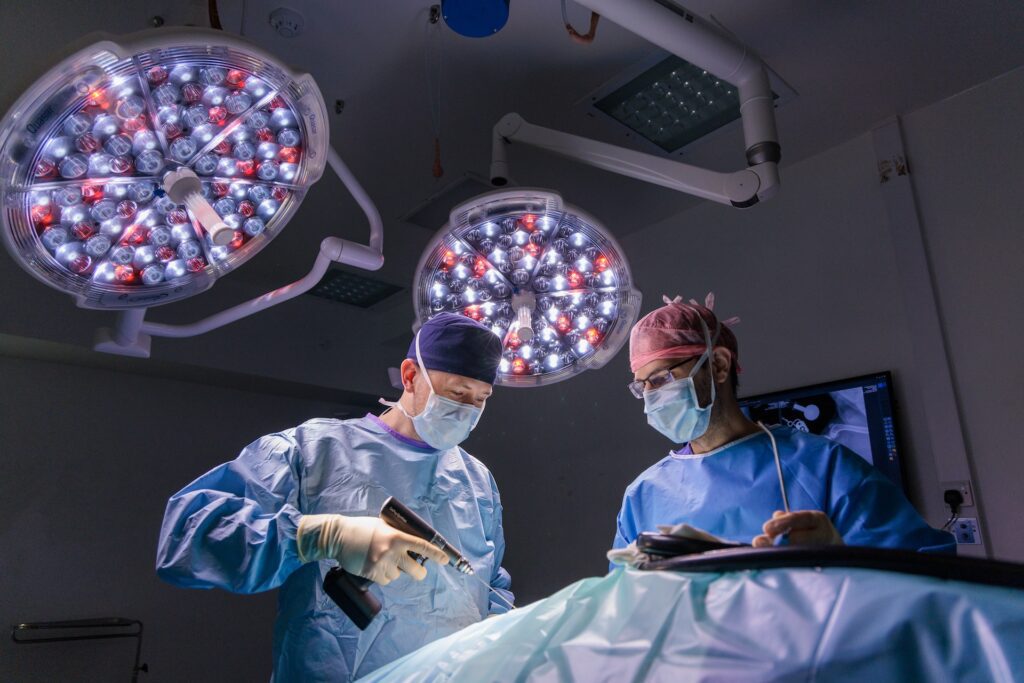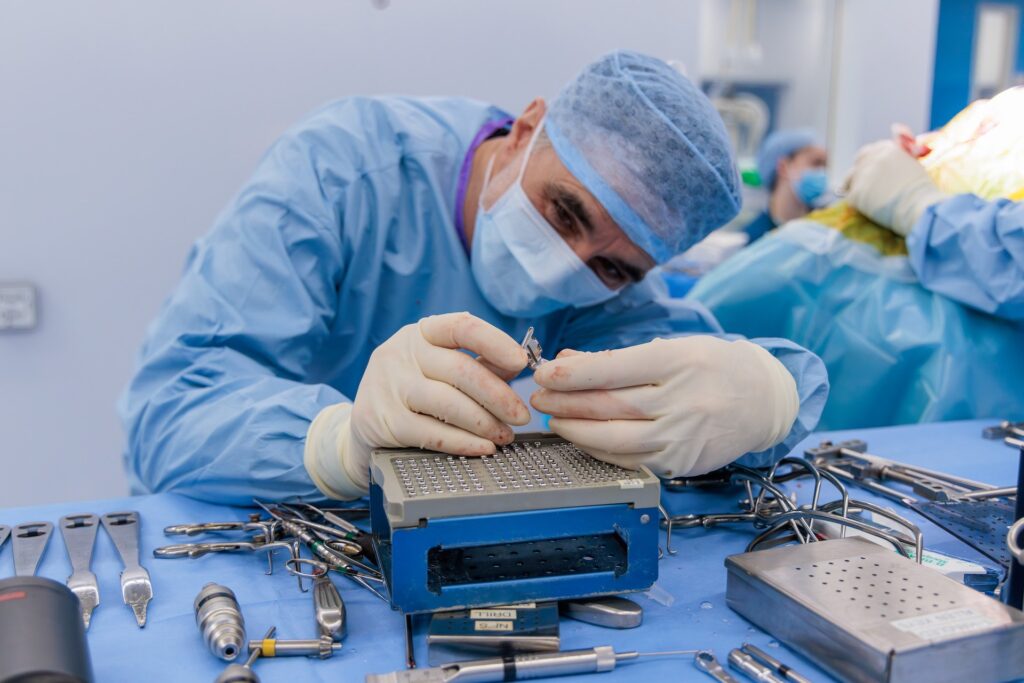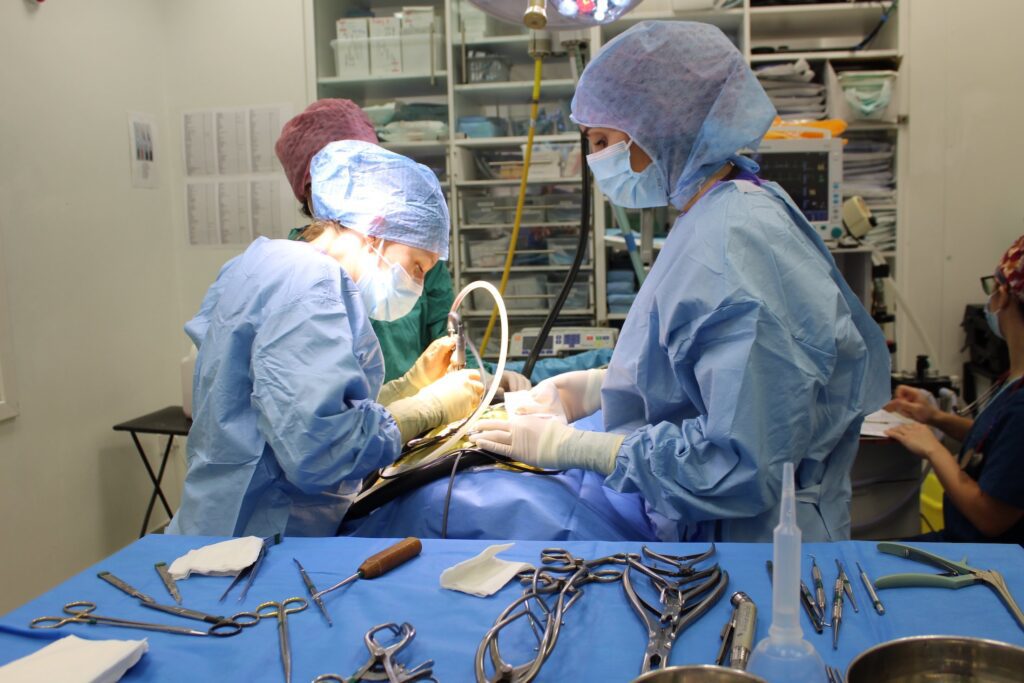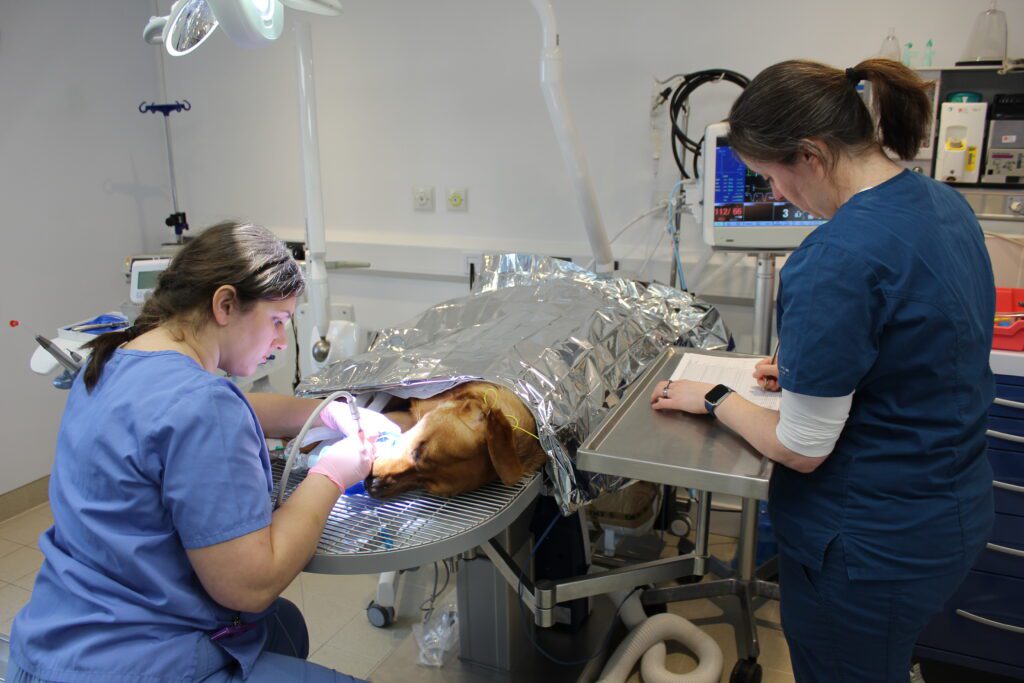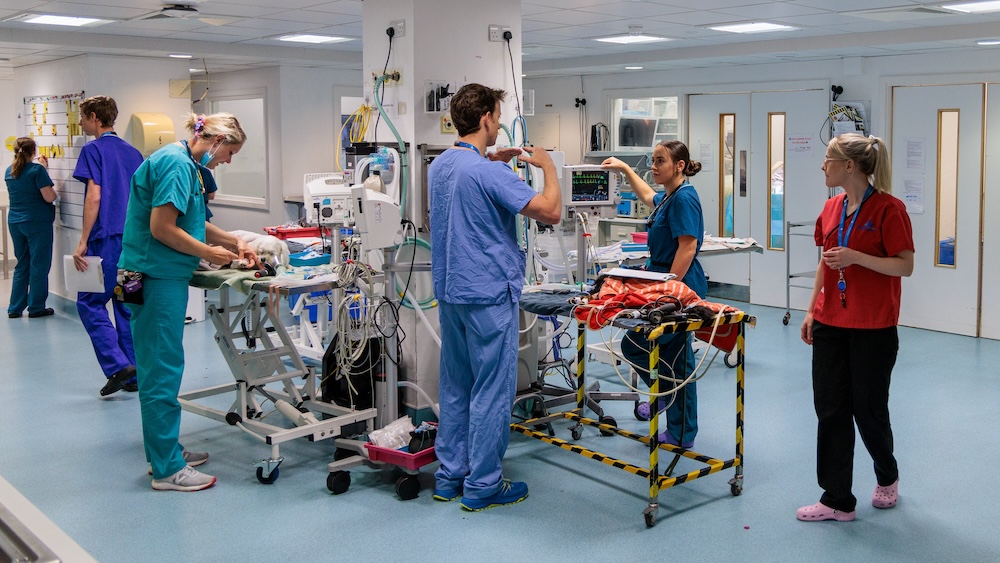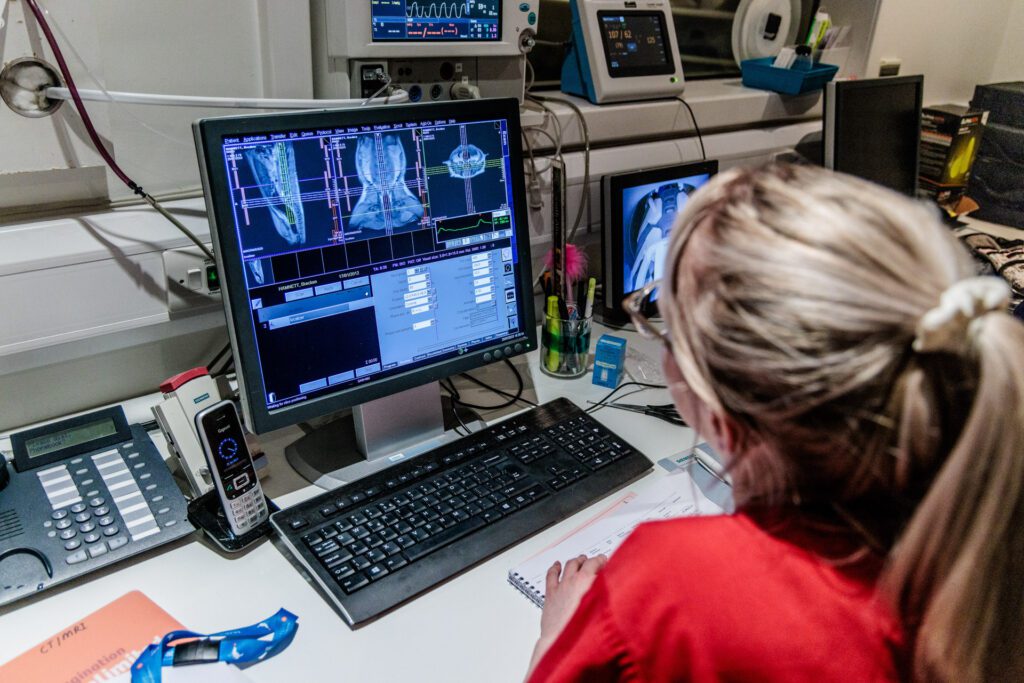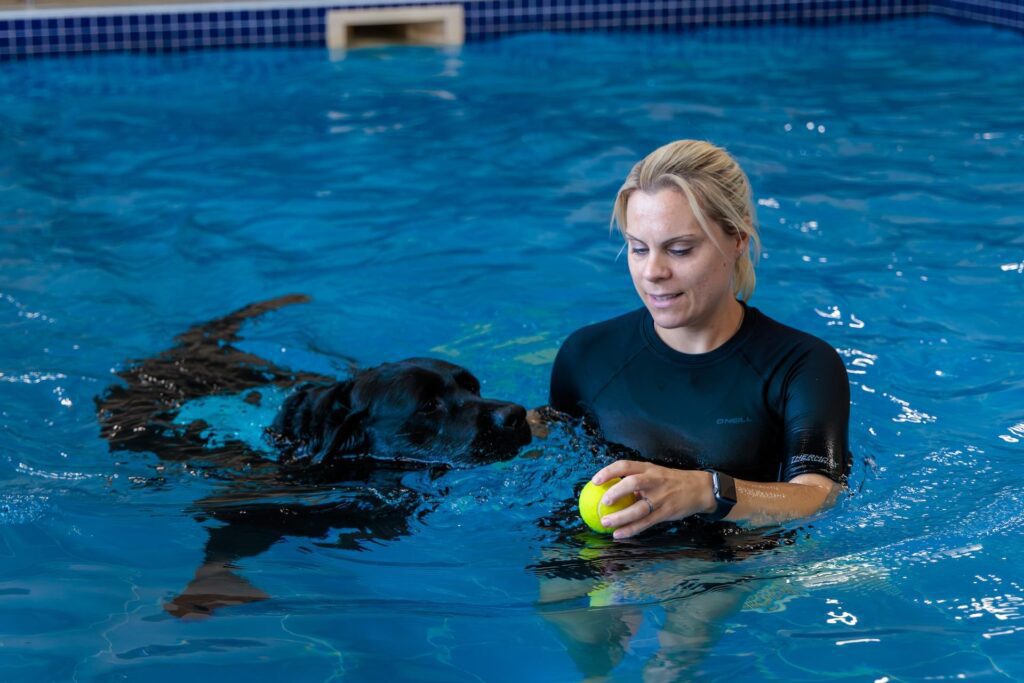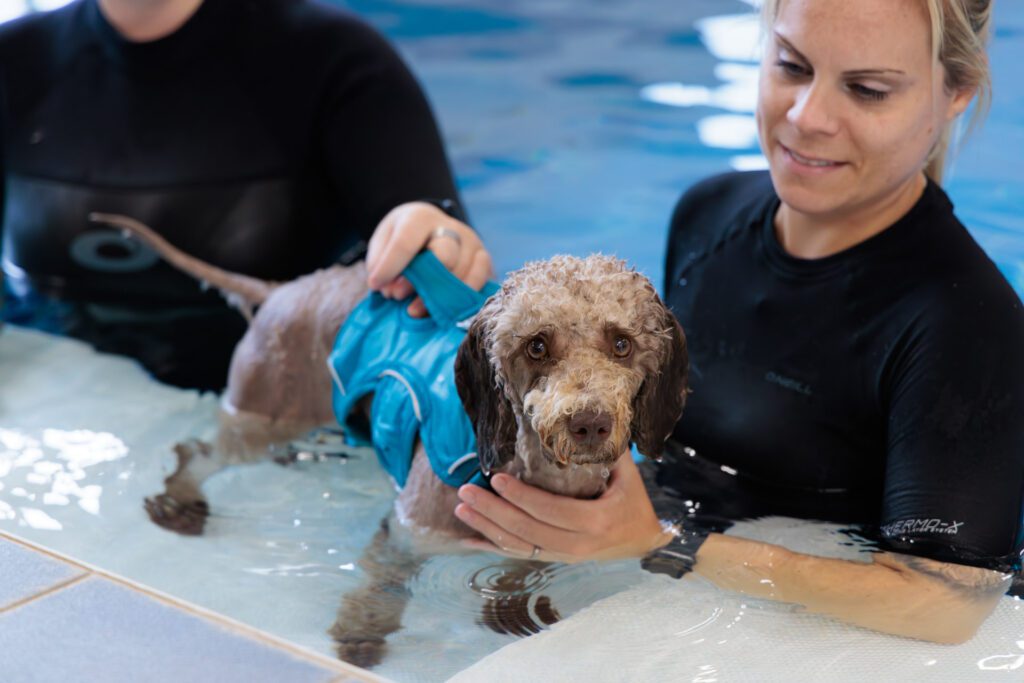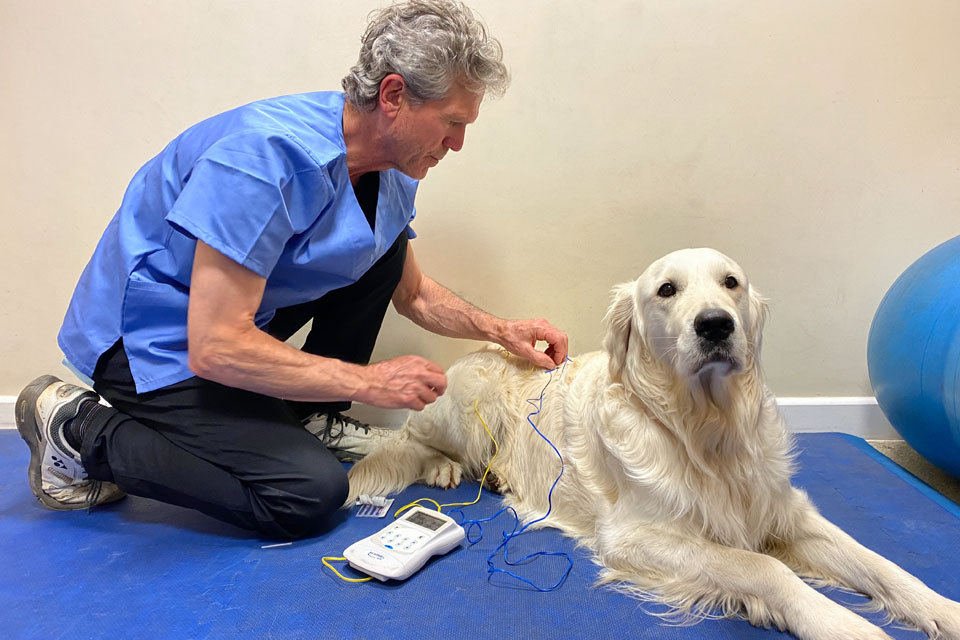Rehabilitation
Ongoing physiotherapy support
Our chartered physiotherapists follow most patients as inpatients whilst they recuperate with us. These cases are then discharged with a home care plan that includes specific advice and a home exercise programme.
Many of these cases will then return for outpatient rehabilitation, where their recovery is then progressed until either full function is achieved or your dog or cat’s clinician deems it appropriate for them to be discharged. A lot of these cases will visit us again in the future for maintenance sessions to allow recurrence of any issues.
At Fitzpatrick Referrals, all of the members of the multidisciplinary team, including orthopaedic clinicians, neurology clinicians, interns, patient care team, chartered physiotherapists and hydrotherapists, work collaboratively to achieve optimum recovery for all our patients. Physiotherapy treatment is an adjunct to veterinary treatment, not a substitute.
Our physiotherapy department is available for direct physiotherapy referrals from primary care vets without the need to see one of our vets first. If physiotherapy has been recommended by your clinician and you are not local to Fitzpatrick Referrals, we advise you to find your nearest ACPAT registered physiotherapist.
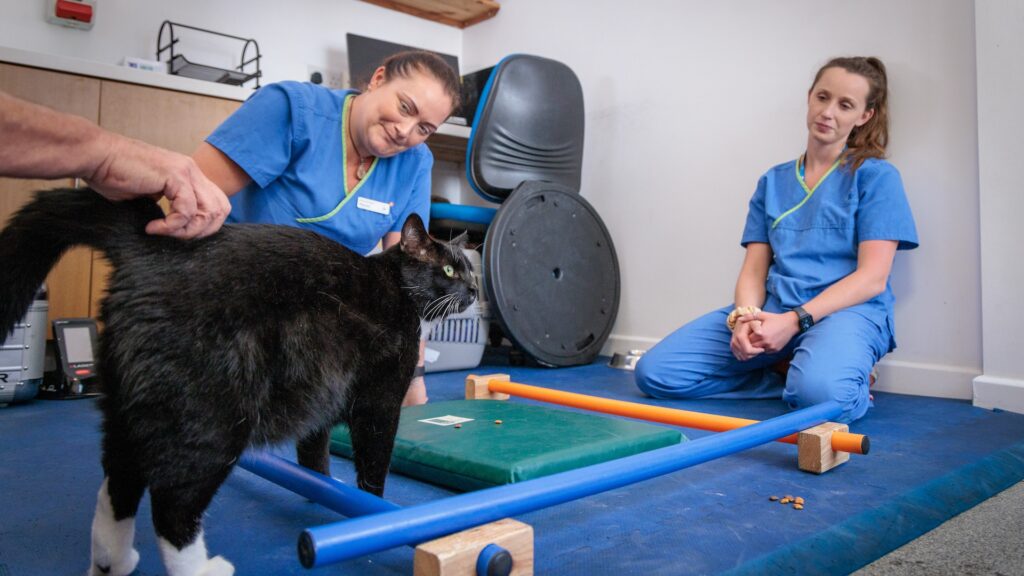
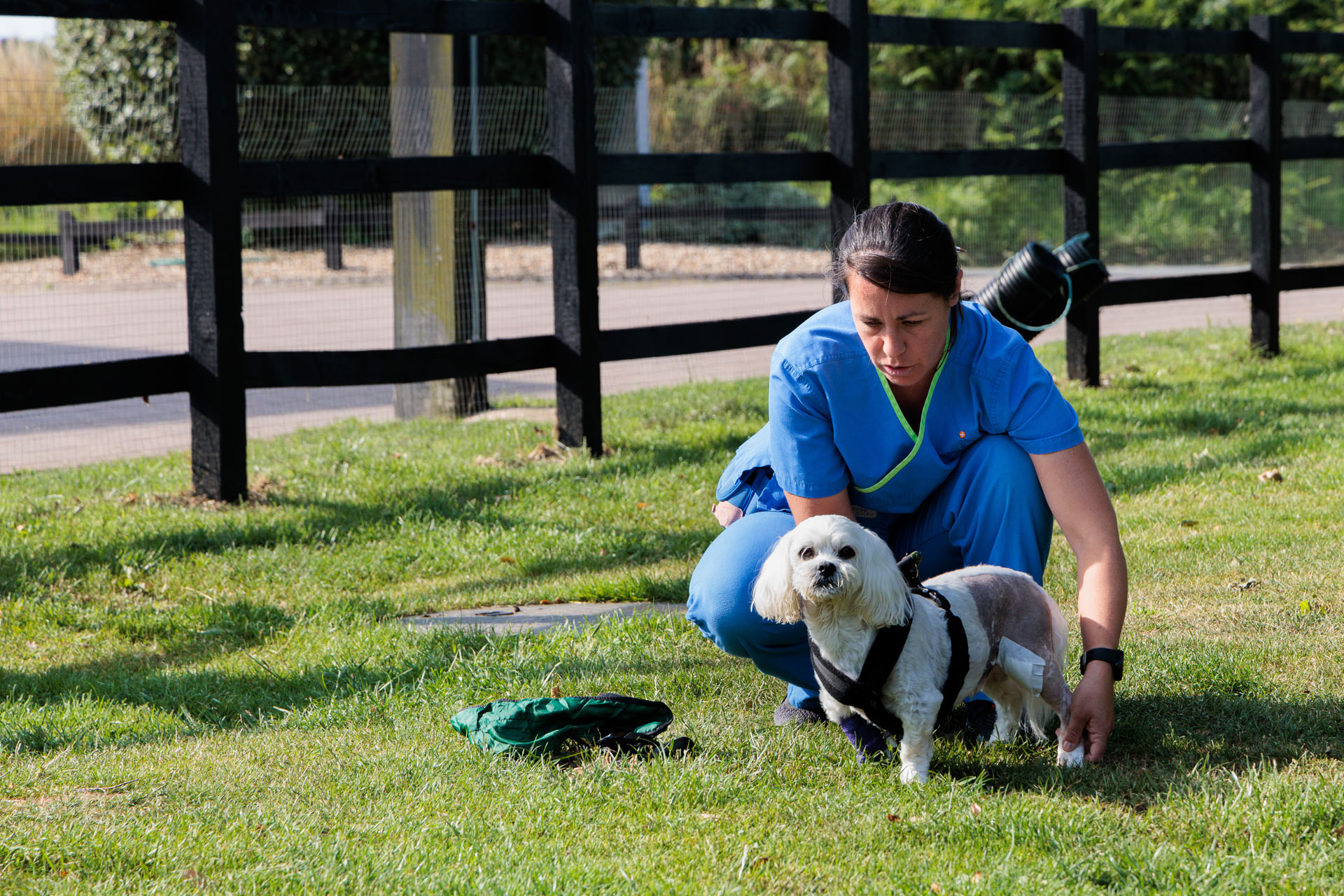
ACPAT chartered physiotherapists
ACPAT stands for the Association of Chartered Physiotherapists in Animal Therapy.
All of our physiotherapists are ACPAT registered, guaranteeing a high level of training and standards. Chartered physiotherapists that work in the veterinary industry all hold a BSc (Hons) in human physiotherapy and have worked and may still work in the human field. Following this, they have gone on to complete postgraduate training at MSc or diploma level in veterinary physiotherapy.
By having worked in the human sector, chartered physiotherapists have developed sound clinical reasoning skills that underpin their decision-making when it comes to conducting an assessment, formulating a treatment plan and undertaking that treatment.
What are the benefits of physiotherapy?
The benefits of physiotherapy are to reduce pain, swelling and muscle spasm. It helps to encourage healing and improve range of movement, prevents secondary complications, enhances and/or maintains function.
Chartered physiotherapists examine movement and posture. Their expertise is developed by having an in-depth knowledge of anatomy, biomechanics, pathology and physiology which enables them to assess and treat injuries and diseases of the musculoskeletal system.
Examples of conditions treated:
- Post orthopaedic surgery cases
- Spinal pain and post spinal surgery cases
- Tendon and ligament muscle strains
- Muscle atrophy
- Nerve damage
- Arthritic stiffness
- Fibrocartilaginous embolism
- Polyradiculoneuritis
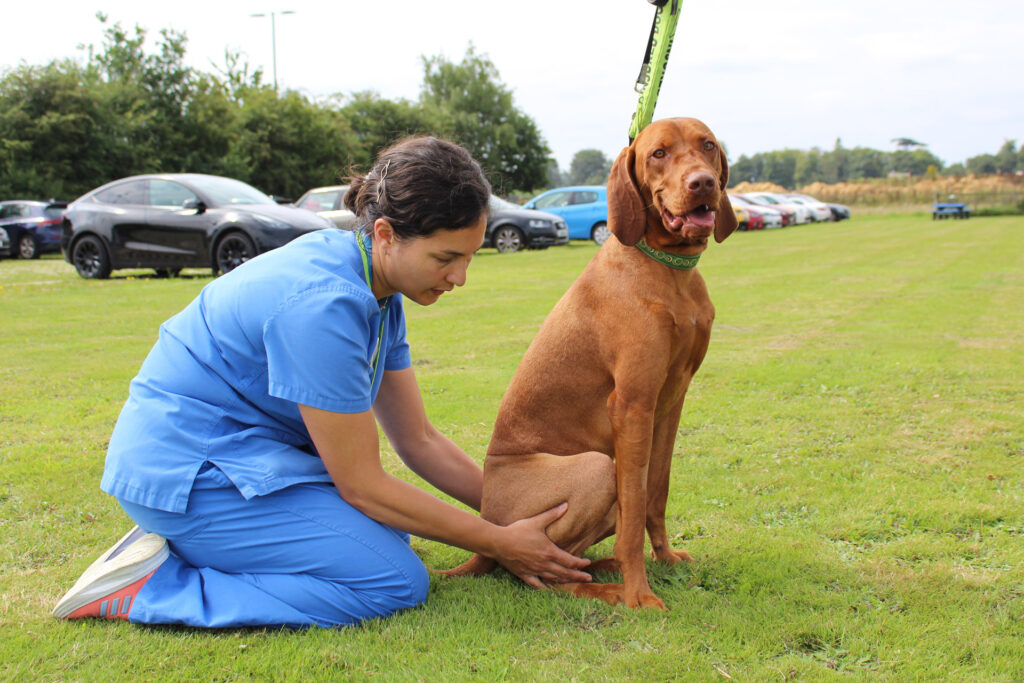
ENVIRONMENT OF HEALING
What physiotherapeutic facilities are available at Fitzpatrick Referrals?
Patients will often benefit from multiple treatment options to optimise their recovery and function.
Gym balls / wobble cushions / resistance bands – core stability and strength training
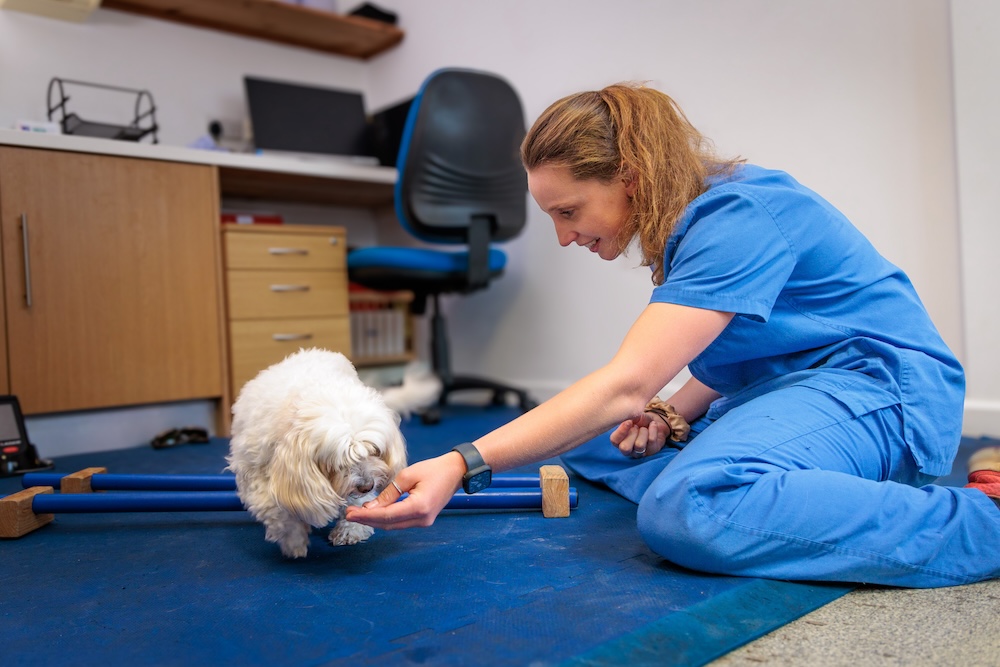
Gym balls / wobble cushions / resistance bands – core stability and strength training
During rehabilitation, most patients have experienced a time of immobility or disuse of a limb and muscle groups. This can have a significant impact overall on core stability and strength. Core stability can be challenged by using various modalities to target the major supportive muscle groups of the limbs, trunk and spine. These modalities are also very beneficial for ‘fine-tuning’ smaller muscle groups used for more intricate movements.

Gym balls / wobble cushions / resistance bands – core stability and strength training
During rehabilitation, most patients have experienced a time of immobility or disuse of a limb and muscle groups. This can have a significant impact overall on core stability and strength. Core stability can be challenged by using various modalities to target the major supportive muscle groups of the limbs, trunk and spine. These modalities are also very beneficial for ‘fine-tuning’ smaller muscle groups used for more intricate movements.
Transcutaneous electrical nerve stimulation (TENS)
Transcutaneous electrical nerve stimulation (TENS)
TENS is the use of an electric current generated by a device and delivered through adhesive electrodes placed on the skin of the patient stimulating nerves to provide pain relief. It has a very similar application to the muscle stimulator but it simply provides pain relief. TENS works most effectively when it is introduced early in the postoperative or injury phase. It can be applied for up to 8 hours per day and is very well tolerated in conscious patients.
Transcutaneous electrical nerve stimulation (TENS)
TENS is the use of an electric current generated by a device and delivered through adhesive electrodes placed on the skin of the patient stimulating nerves to provide pain relief. It has a very similar application to the muscle stimulator but it simply provides pain relief. TENS works most effectively when it is introduced early in the postoperative or injury phase. It can be applied for up to 8 hours per day and is very well tolerated in conscious patients.
Neuromuscular electrical stimulation (NMES)
Neuromuscular electrical stimulation (NMES)
Elicitation of muscle contraction using electrical impulses in a similar manner to EMS although tends to be utilised in a more advanced phase of rehabilitation to increase strength and endurance of particular muscles. This is a modality frequently used in ‘fine tuning’ human athletes.
Neuromuscular electrical stimulation (NMES)
Elicitation of muscle contraction using electrical impulses in a similar manner to EMS although tends to be utilised in a more advanced phase of rehabilitation to increase strength and endurance of particular muscles. This is a modality frequently used in ‘fine tuning’ human athletes.
Class IV laser
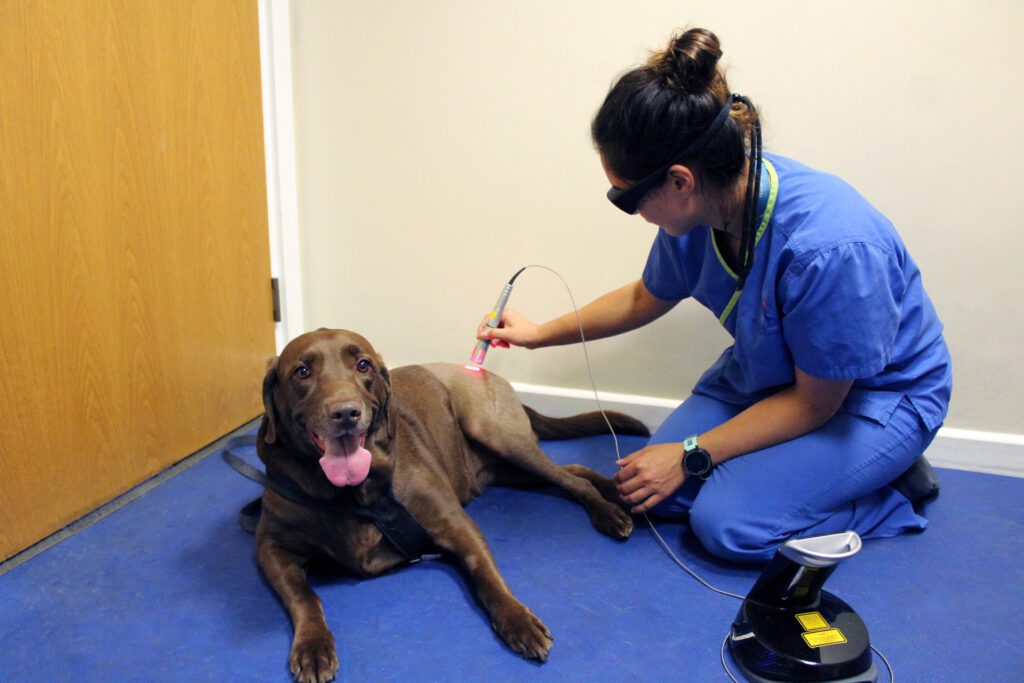
Class IV laser
Non-invasive use of laser (light) energy to generate a healing response in damaged or dysfunctional tissues. Used for the alleviation of pain, to reduce inflammation, accelerate recovery and facilitate improved function and mobility.
Conditions that benefit from laser therapy are wounds, poor bone healing, soft tissue strains and painful swollen joints. The treatment sessions are relatively short and are well tolerated. Most often a case will require 1-2 sessions of laser per week for up to 4 weeks but this really does vary from case to case.

Class IV laser
Non-invasive use of laser (light) energy to generate a healing response in damaged or dysfunctional tissues. Used for the alleviation of pain, to reduce inflammation, accelerate recovery and facilitate improved function and mobility.
Conditions that benefit from laser therapy are wounds, poor bone healing, soft tissue strains and painful swollen joints. The treatment sessions are relatively short and are well tolerated. Most often a case will require 1-2 sessions of laser per week for up to 4 weeks but this really does vary from case to case.
Outdoor exercise arena
Outdoor exercise arena
Some rehabilitation programmes require specific semi-advanced / advanced exercise therapy to be included. We are able to offer and utilise an area that has many agility-type pieces of equipment. We use this at various stages of a patient’s recovery and can adapt the equipment to suit even the less able patient. Whilst we use this equipment frequently with our inpatients, we also offer this service to outpatients as a treatment session and can use the equipment to demonstrate how an owner might be able to replicate certain exercises at home.
Outdoor exercise arena
Some rehabilitation programmes require specific semi-advanced / advanced exercise therapy to be included. We are able to offer and utilise an area that has many agility-type pieces of equipment. We use this at various stages of a patient’s recovery and can adapt the equipment to suit even the less able patient. Whilst we use this equipment frequently with our inpatients, we also offer this service to outpatients as a treatment session and can use the equipment to demonstrate how an owner might be able to replicate certain exercises at home.
Book an appointment
Please provide the following:
To book an appointment, your primary care vet will need to send us a referral for your pet, following which, one of our team will be in contact with you to arrange the appointment.
For ongoing physiotherapy appointments, please give us a call on 01483 423761 and we can arrange this for you. We also offer post-operative boarding facilities for those cases requiring intensive rehabilitation.
Physiotherapy outpatient clinic hours
Monday 8am – 4pm
Tuesday 8am – 3.30pm
Wednesday 8.30am – 4pm
Thursday 8.30am – 2.30pm
Friday 9am – 4pm
Saturday CLOSED
Sunday & bank holidays CLOSED
Refer a patient today
Veterinary professionals – register to refer patients quickly and efficiently, and view your referral history.
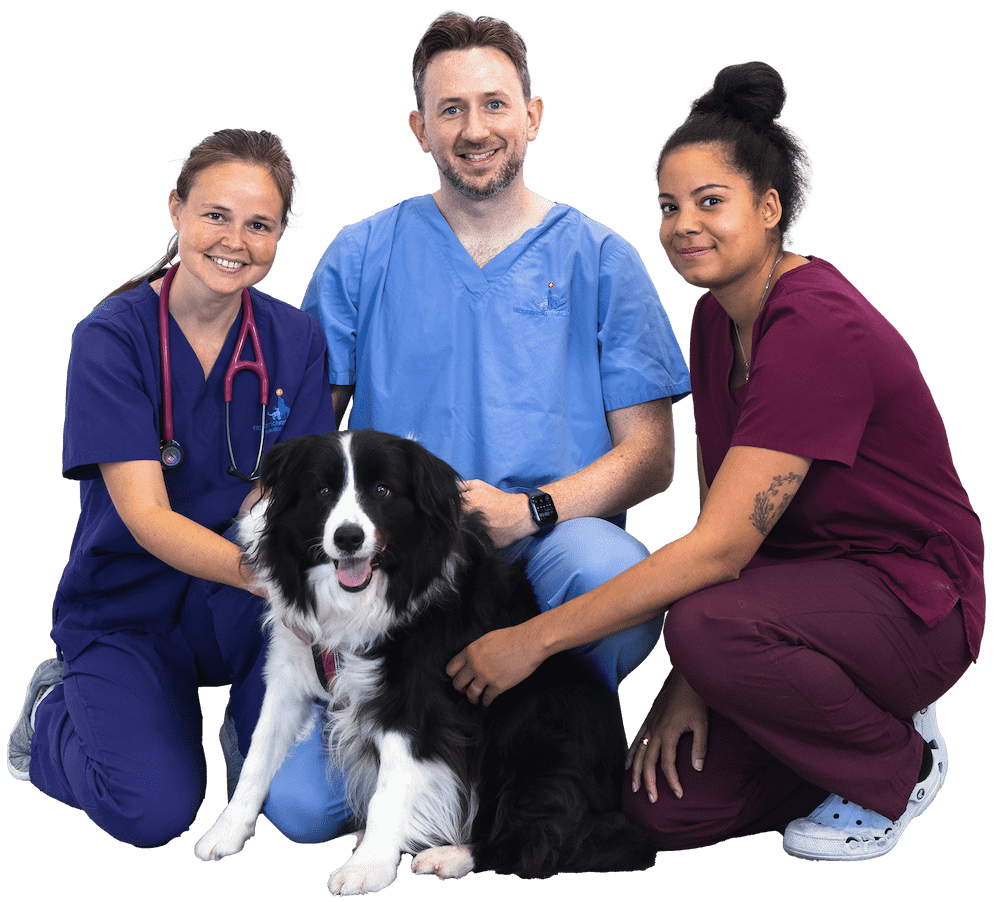
CASE STUDIES
Patient stories
Our patient stories give insight into the inspirational journeys of the animals who come through our doors and how we helped them.
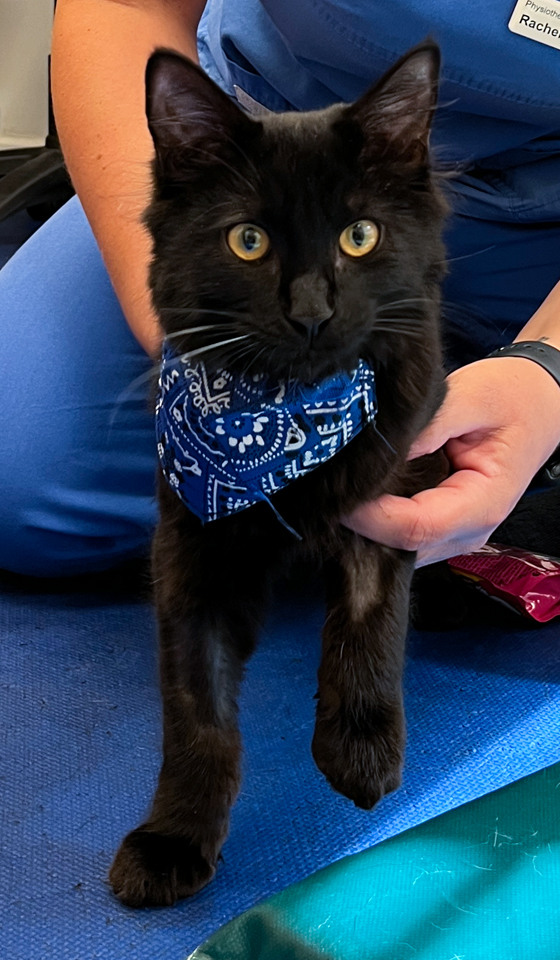
PATIENT STORY
Leeroy’s elbow trauma injury
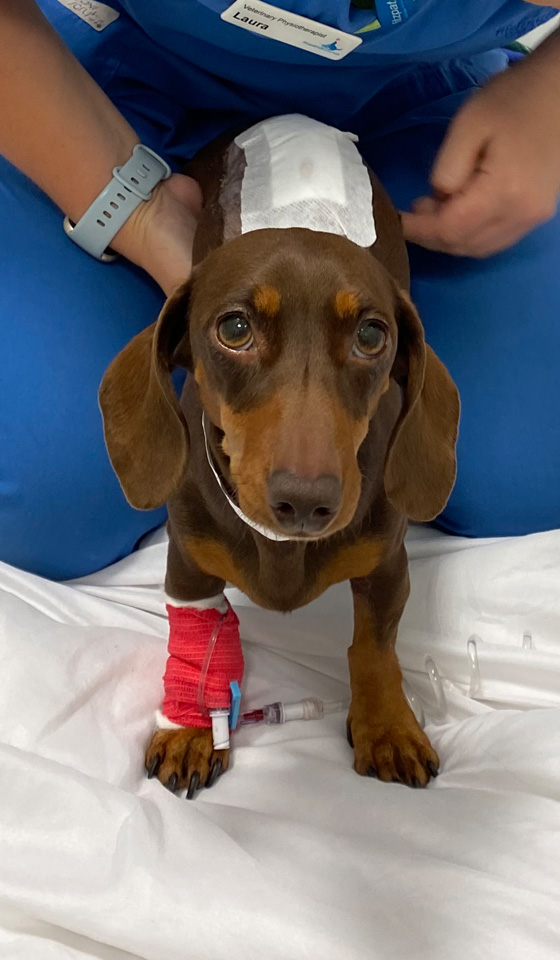
PATIENT STORY
Ellie’s intervertebral disc extrusion (IVDE)
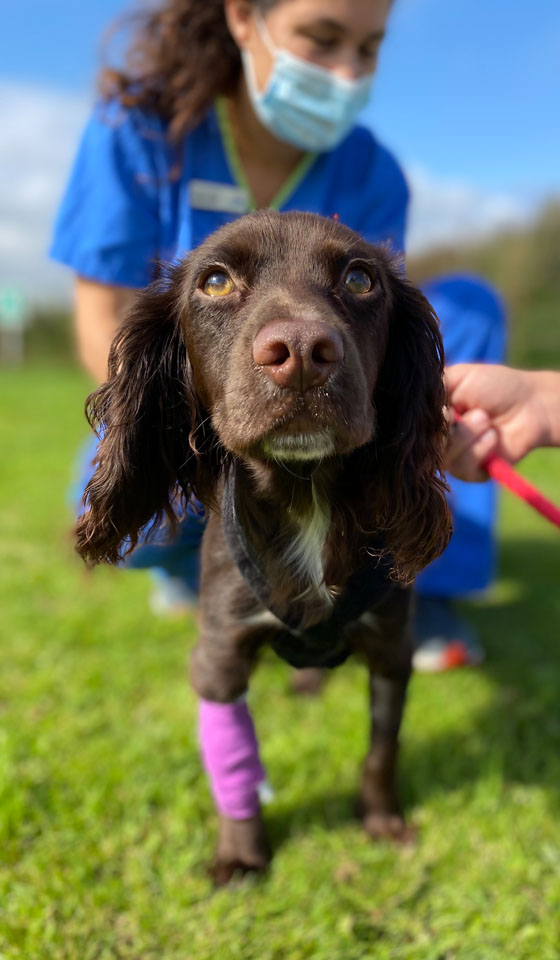
PATIENT STORY
Kenji’s pelvic fracture
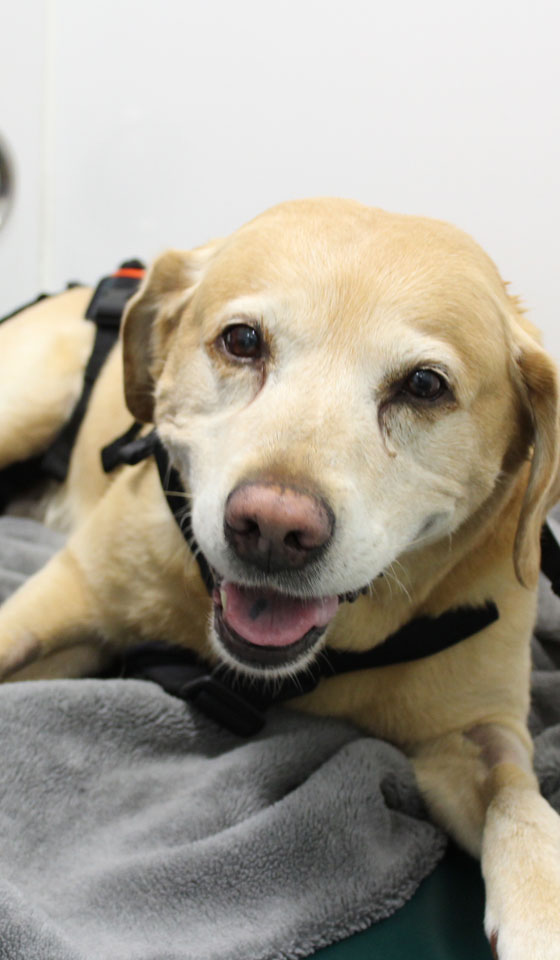
PATIENT STORY
Rocky’s intervertebral disc disease (IVDD)
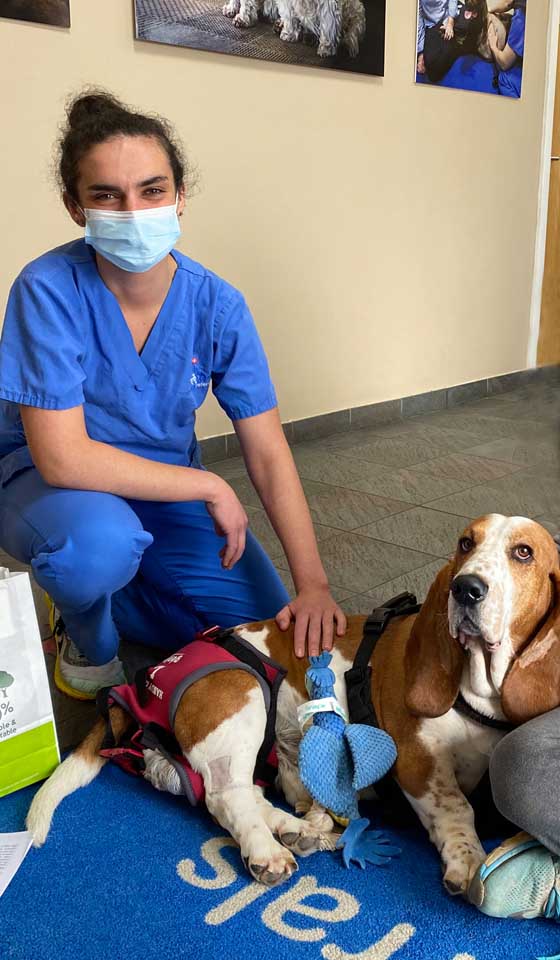
PATIENT STORY
Wellington’s multiple intervertebral disc protrusions & spinal surgery
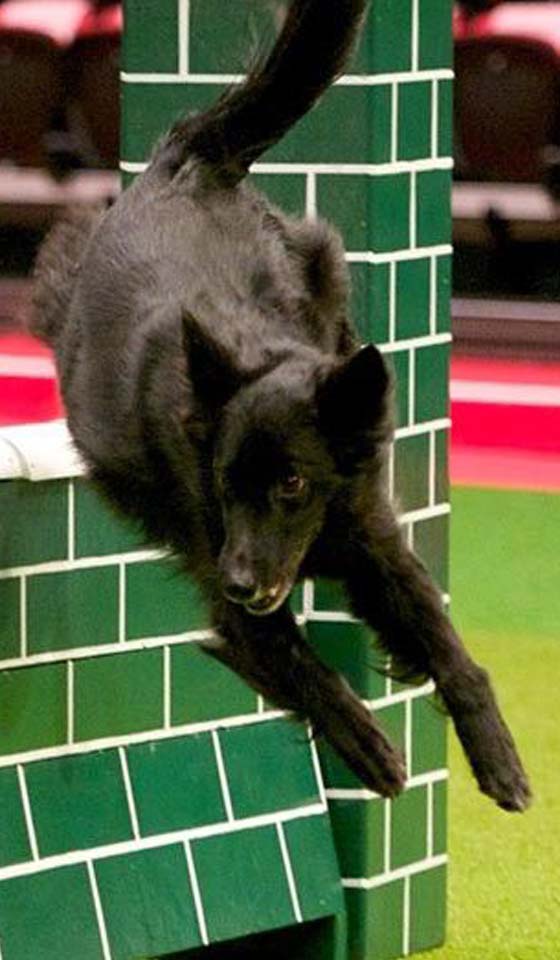
PATIENT STORY
Della’s story – a true champion’s tale!
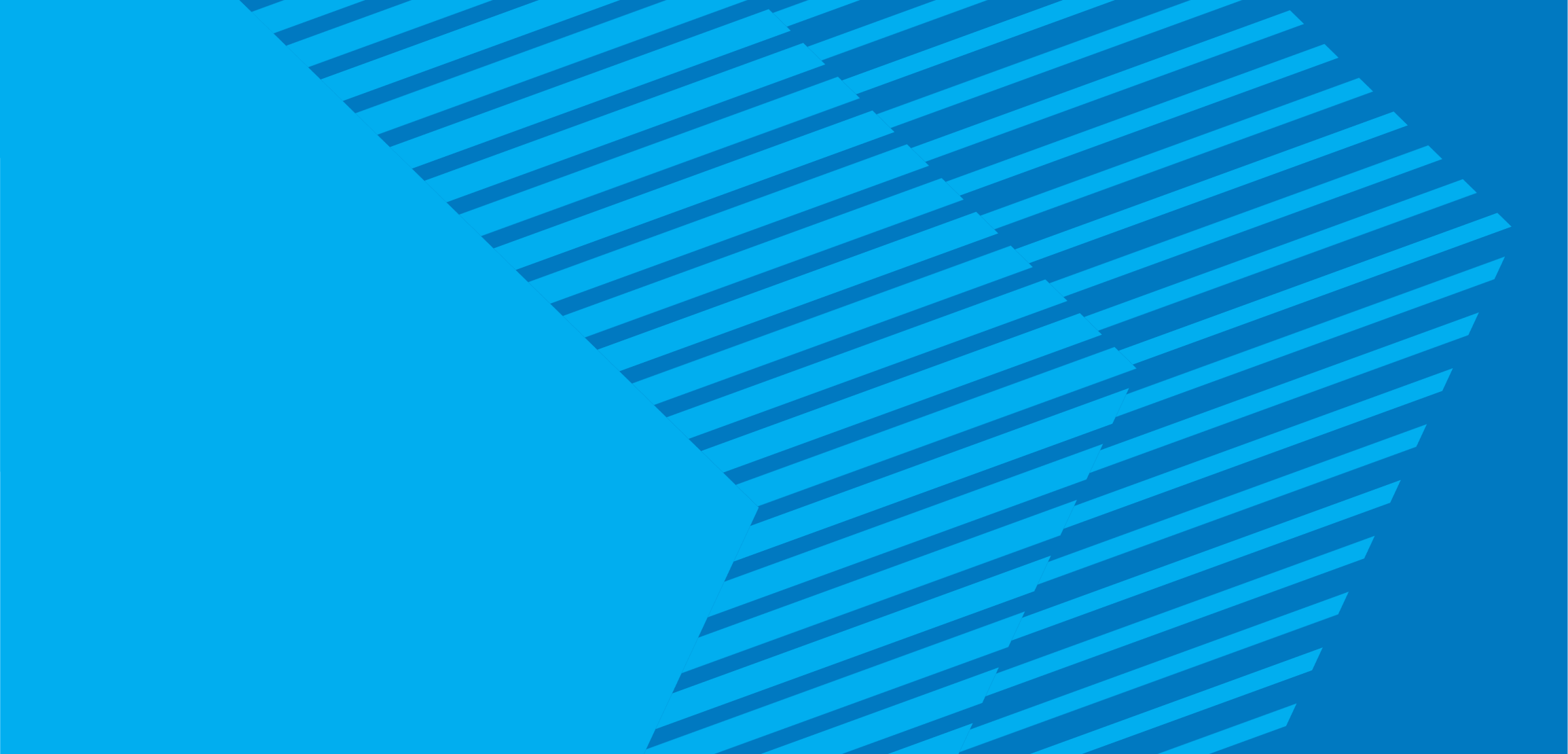
CAREERS
Join the team
We are always looking to strengthen our team with skilled, dedicated, passionate professionals.

